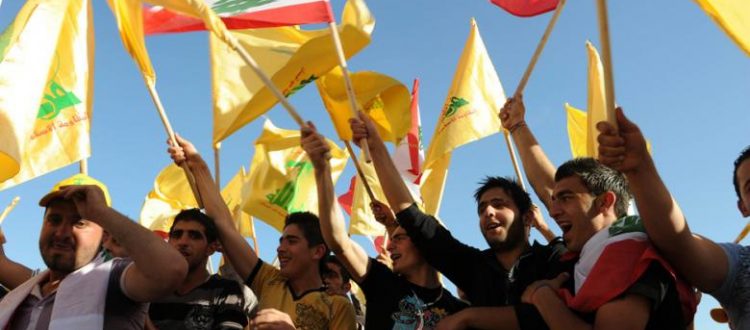Lebanon – between normalised violence and a politics of kindness
It is hard to ignore the level of xenophobia and violence, verbal and physical, that exists today in Lebanon.
| Suggested Reading | Conflict Background | GCCT |
By Walid el Houri
Since the end of 2016 under Michel Aoun’s presidency, and the new government of Saad Hariri, it has been increasingly clear that a new form of governance is taking shape in the country. It is one that is marked by growing repression, new limitations on freedom of expression and political action, and an alarming level of militarisation.
Lebanese sectarianism, xenophobia, and racism is certainly no new phenomenon, they have a history that can hardly fit into one article. However, unprecedented levels of incitement against refugees and “others” are today visible. One can find many similarities between the discourses of many of the Lebanese ruling parties, most notably the Free Patriotic Movement (the President’s political party) and those of the xenophobic extreme right wing parties in Europe and the US.
Refugees after all have become a global scapegoat and an easy demon to rally against by such right wing movements. They all rely on demonising an “other” (the Muslim, the Arab, the refugee, the Syrian, the Palestinian, etc.) in order to justify their legitimacy as the saviors of a certain “true” political subject, while distracting people from the injustices, inequalities and corruption of the system they are safeguarding.
As the wave of xenophobic patriotic zeal in Lebanon was growing into a campaign to erect the national army as an institution beyond criticism, the government was passing a new package of taxes that would further impoverish a Lebanese society already living under dire economic conditions.
Lebanon is an idea that exists only in the minds of some, and all but non-existent in reality. The reality is that this piece of land is mostly marked by unbearable electricity cuts, water shortage, decrepit infrastructure, massive unemployment, unprecedented and toxic levels of pollution in the sea, air, and land, and a corruption that has reached mythical levels.
All these crisis predate the influx of refugees, but blaming them all on Syrians has proven to be both extremely easy and convenient: “they” are the ones who came to destroy a fantastical functioning country that has never really existed and brought terrorism, violence, crime, and poverty, etc.
On every metric, and in reality, Lebanon is far from being a functioning state for its inhabitants. The last parliamentary elections took place roughly 8 years ago, and the same parliament has renewed its own mandate, and gave itself a raise while doing so.
It is easy to blame politicians, political parties, foreign intervention, the media, the weather, the cedar trees, the Phoenicians, let alone the Syrians. But there is something deeper and much more worrisome taking place within Lebanese society(ies) that cannot simply be blamed on others.
Daily aggression, the normalization of violence and shameless racism have become the staple of Lebanese life. When a group of Lebanese men proudly film their assault on a young Syrian man, laughing as they humiliate and beat him, and proudly share it, as was the case on the day the new taxes were approved, we must ask ourselves what makes such an act possible.
This was not the first video of its kind. Many, too many, such videos have been produced and shared in the last years.
It is clear that we have reached a point where there is a vital need for a radical social and political change. But when even expressing solidarity with those suffering from injustice and violence is seen as treason by large segments of Lebanese society, and when people are more motivated to declare their blind support for the army than to do anything about the rapid deterioration of their lives and livelihoods (and to object to anyone who tries to do so), how and where can we work towards social and political change?
It is hard if not impossible to imagine changing the political system and the power structure in Lebanon. The groups and individuals who are seeking such change have very little impact and power to compete with the established political parties who set the rules of the game. Under these realities, perhaps it is elsewhere that alternative politics needs to happen: in building communities of care and solidarity, in countering a seeping hostility that is found both within society at large but also too often among activist communities themselves. It might sound naive or apolitical, but there is a pressing need for kindness in our circles and in our surroundings, and it is both an individual and a collective act and most of all, a political one.
Walid el Houri is a researcher, journalist, and filmmaker living between Berlin and Beirut. He is lead editor of the North Africa West Asia (NAWA) section at openDemocracy, and an affiliated fellow at the Institute for Cultural Inquiry in Berlin.
This article was initially published by OpenDemocracy and is available by clicking here. The views presented in this article do not necessarily reflect those of TransConflict.



















